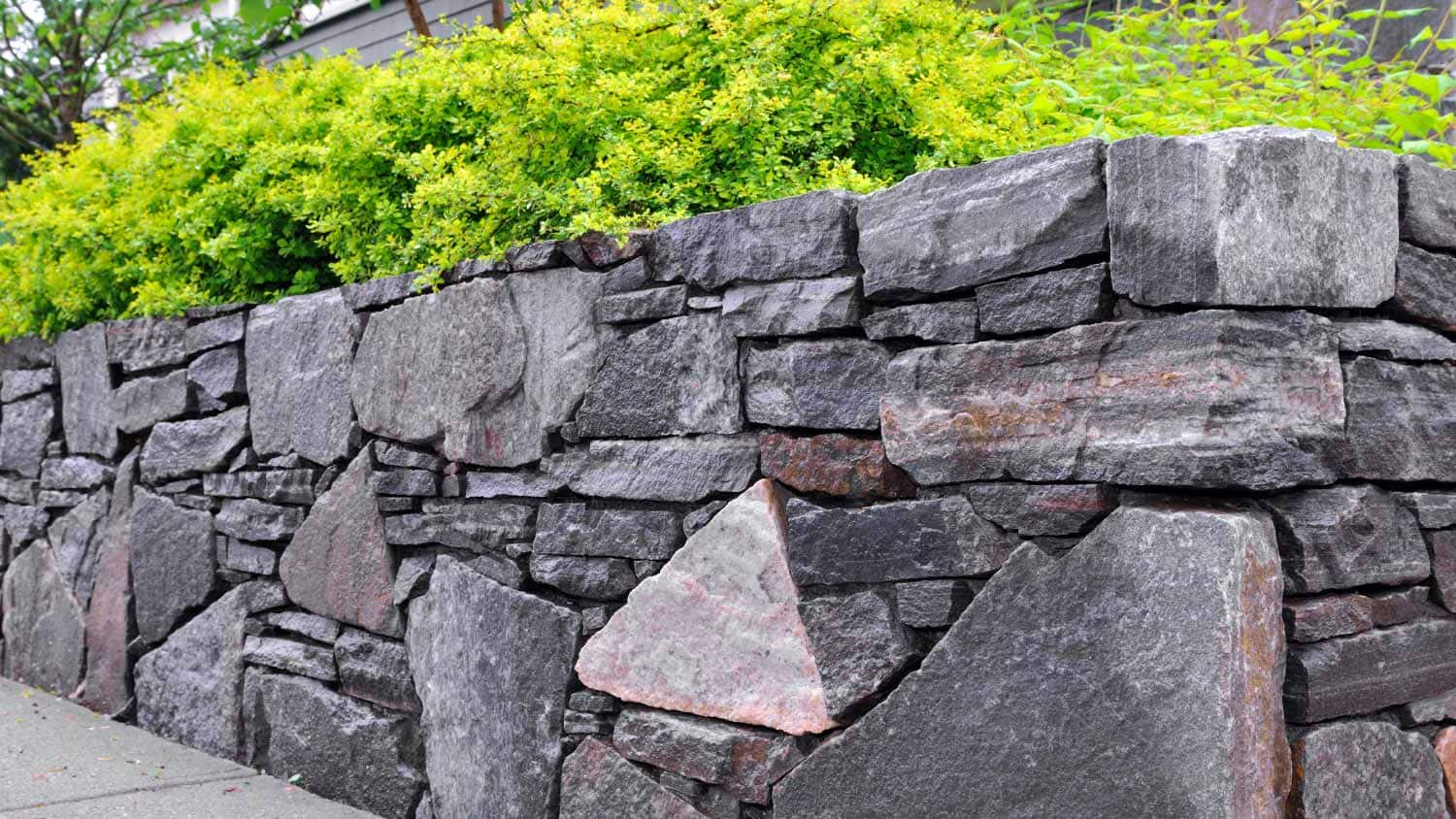How to Waterproof Masonry Surfaces Efficiently and Effectively
Homeowners often find themselves asking the crucial question: how to waterproof masonry? Ensuring your masonry is well-protected from moisture can significantly enhance the lifespan and beauty of your exteriors. Whether you’re dealing with walls, patios, or other structures, understanding the intricacies of masonry materials can lead to better protection and maintenance.
In this comprehensive guide, we will address the foundational steps and essential tips for effectively waterproofing masonry. By doing so, you can safeguard your investment and uphold the structural integrity of your home.

Understanding Masonry and Its Susceptibility to Water
What is Masonry and Why is it Important?
Masonry involves constructing structures from individual units, typically bound together by mortar. This age-old art is cherished for its durability, versatility, and aesthetic appeal. However, despite its toughness, masonry is susceptible to water damage, which can undermine its structural stability and appearance.
The Importance of Waterproofing Masonry
Reasons to Prioritize Waterproofing
Waterproofing is not just an option; it is a necessity for any masonry structure. Whether youre dealing with direct rainfall, humidity, or groundwater, moisture can seep into your masonry, leading to mold, damage, and decay. Moreover, it can result in costly repairs if not addressed promptly.
Concrete Masonry Units (CMUs)
Concrete masonry units are a popular choice for various construction projects. However, they are porous and prone to water ingress. Learn more about block masonry to better understand its vulnerability and the precautions necessary to keep moisture at bay.
Step-by-Step Guide to Waterproofing Masonry
1. Inspection of Masonry
Before embarking on a waterproofing project, thoroughly inspect your masonry surfaces. Look for cracks, salts, efflorescence, or any other signs of moisture invasion.
2. Cleaning the Surface
One of the first steps in cleaning your masonry involves removing dirt, dust, and old sealer. This can be done using a gentle cleanser and a non-metallic brush. For persistently dirty surfaces, consider using a masonry cleaner as directed.
3. Repairing Damages
Any existing cracks or signs of deterioration should be addressed before applying a waterproofing sealant. Use appropriate patching materials for repairs.
4. Applying the Waterproofing Agent
Select a high-quality waterproofing sealant suitable for your masonry type. Uniformly apply the product using a roller or sprayer, ensuring every nook and cranny is covered.
5. Monitoring and Maintenance
Once applied, conduct regular checks on your waterproofed masonry. Maintaining the application and reapplying as needed will protect against unforeseen water damage.
Choosing the Right Waterproofing Products
Understanding the different types of waterproofing products can guide you towards making the best selection for your home. From siloxane to acrylics, each product is tailored for specific masonry types and conditions.
Avoiding Common Waterproofing Mistakes
Be mindful of common pitfalls in the waterproofing process. Avoid using unsuitable products such as adhesives or coatings on dry, unyielding surfaces.
Consulting Professionals for Optimal Results
While DIY waterproofing is possible, consulting with a masonry contractor may be beneficial for large or intricate projects. Professionals bring expertise and knowledge of the best materials and methods.

FAQs about Masonry Waterproofing
1. Is waterproofing essential for all masonry projects?
Yes, waterproofing is essential as it safeguards masonry from moisture-induced damages, ensuring longevity and structural safety.
2. How often should I reapply waterproofing solutions?
Typically, waterproofing solutions should be reapplied every 3-5 years, but this may vary based on product specifications and environmental conditions.
3. Can I waterproof my masonry without professional help?
While it’s possible to DIY, professional assistance is recommended for large areas or complicated structures. Experts ensure thorough application and lasting results.
This article contains affiliate links. We may earn a commission at no extra cost to you.
